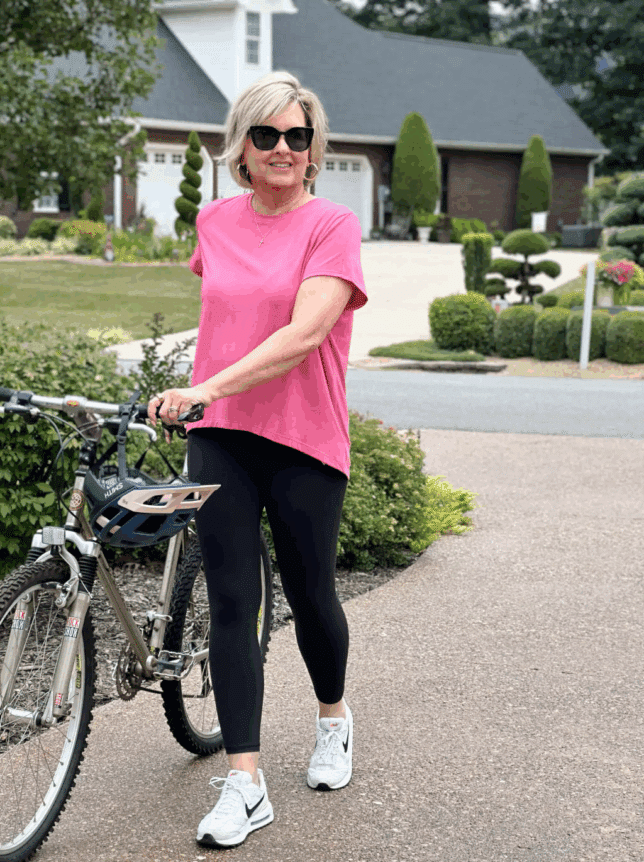This article is written by a student writer from the Her Campus at U Toronto chapter and does not reflect the views of Her Campus.
It is strange how something called free time can feel so unfree. As we begin this new school year at the University of Toronto, we try to squeeze moments of rest between classes, work shifts, and social commitments. Yet somehow, even when we finally get a break, it rarely feels restorative (at least for me and all my friends). Instead of truly relaxing, we scroll through TikTok, answer emails, or convince ourselves to be “productive.” Taking a class called The Sociology of Free Time made me realize that rest itself has become part of our performance culture. Our downtime is no longer entirely our own; it is shaped by apps, advertisements, an underlying fear of falling behind, and, of course, a price tag.
The line between leisure and work
We often imagine leisure as the opposite of work, but in reality, it is tangled up with it. Many of us spend our free time in spaces designed to capture attention and sell comfort: streaming platforms, online shopping, influencer “self-care” trends. What is meant to be recharging ends up consuming more of our mental energy. Sociological research finds that advertising and competition constantly push people to desire more, which keeps us working and consuming more (Skidelsky & Skidelsky, 2012). Even our downtime becomes shaped by this cycle, where rest often takes the form of consumer activities that quietly reinforce the same pressures we’re trying to escape.
Students especially feel this contradiction. Between assignments and job pressures, we crave escape, but our escapes are often curated for us. Social media tells us what relaxing should look like, from aesthetic expensive coffee breaks to wellness routines that somehow feel like work. No wonder we end up feeling tired even after “resting”. Sociologically, this shows how leisure in a capitalist society often serves the same system we try to escape. When our breaks are shaped by consumer culture, we rarely experience the kind of slow, meaningful rest that actually replenishes us.
reclaiming free time
Reclaiming free time does not mean quitting social media completely; it means being more intentional about how we use our time and what we value in it. True leisure, as some sociologists suggest, involves community, creativity, or quiet reflection (Hunnicutt, 2013)—activities that connect us rather than isolate us. So how do we begin to unpack this issue? Many of us have already started doing so. Here at UofT, this could mean joining a yoga or art class, spending time in campus green spaces, or cooking with friends instead of ordering in. These small acts resist the idea that rest must be bought or serve some material benefit. They remind us that we do not need to perform enjoyment constantly; we can simply live it. Practicing “offline leisure” also helps our minds reset. Even short breaks, like taking a walk without headphones or journaling, can help us feel grounded. It’s not about productivity or self-improvement, but about giving our minds space to breathe and feel comfortable in silence.
Our generation has learned to fill every empty moment with something, whether that be content, noise, or work. We’re always trying to run, and sometimes that means filling every second of our lives with meetings and distractions just to silence what’s inside. But as we use noise to block out pressure, we also end up tuning out ourselves, our thoughts, desires, and needs. Reclaiming free time starts with doing less, not more. Wr should try to reconstruct the idea that rest needs to be earned or aesthetic. As the semester picks up, I encourage readers to see free time not as something to manage, but as something to protect. When we disconnect from consumer culture, even briefly, we open ourselves to a different kind of wellness, one rooted in connection, creativity, and calm.

.jpeg)






















.jpeg)













 English (US) ·
English (US) ·